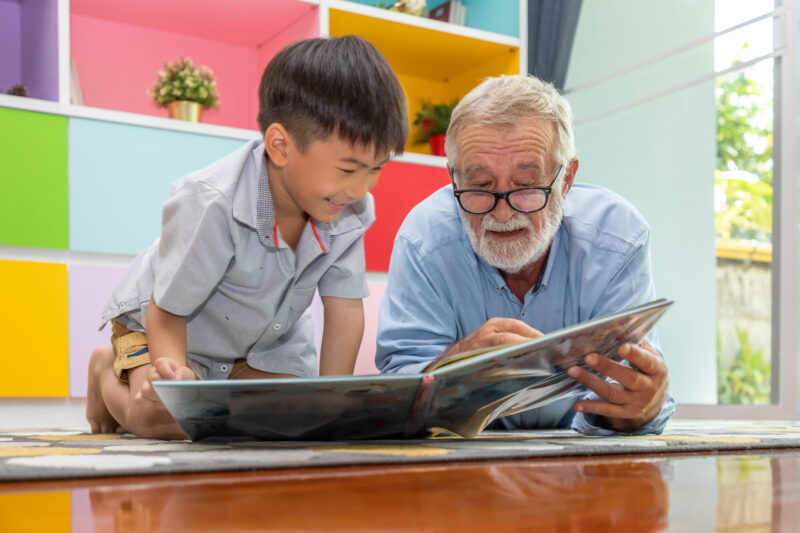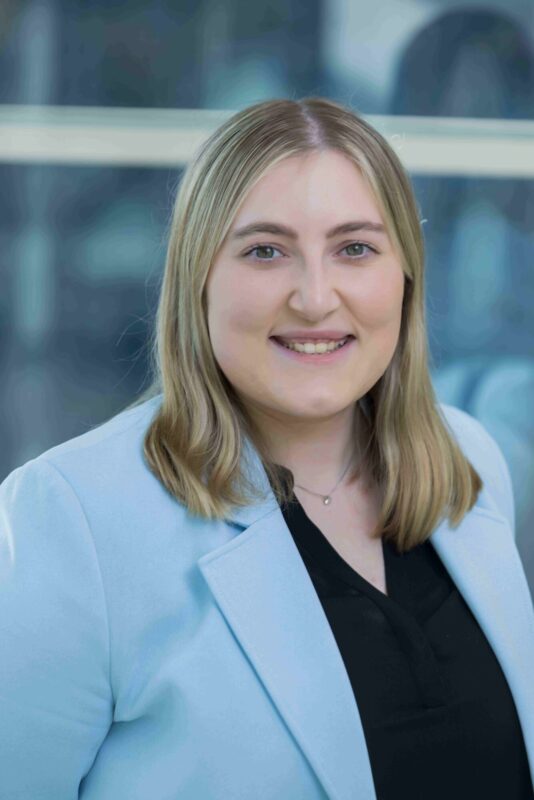A research opportunity with The George Institute for Global Health, UNSW
The Pymble Institute is the College’s hub of research with the aim of building research skills in students and staff. We are passionate about supporting more women to include research in their careers and would like to take this opportunity to share news of a research project which one of our Alumni managing.
Research participation opportunity for our older Alumni with The George Institute for Global Health, UNSW
Pymble Alumni, Amelia Trippas (2018), works with The George Institute for Global Health affiliated with the University of New South Wales. Her team are conducting a very interesting study into the relationship between older adults and pre-school aged children and are seeking older adults to be involved. If you or family or friends who meet the criteria are interested, please contact the research team or Amelia on integrity-study@georgeinstitute.org.au :
Older Adults Needed for Intergenerational Playgroup Research Program
We are seeking older adults (65+) to join a 20-week intergenerational program under the “INTEGRITY” research trial. This program pairs preschool-aged children with older adults for fun and meaningful activities, aiming to enhance health and wellbeing for all participants. Similar to the playgroup seen on the ABC Program ‘Old People’s Home for 4 Year Olds’.
Starting soon, this 20-week program involving 2-hour weekly sessions will be held at a nearby local preschool!
Eligibility requirements apply. For more details or to get involved: Call +61 2 8052 4365, email integrity-study@georgeinstitute.org.au or visit https://redcap.link/integrity.trial.eoi
DID YOU KNOW?
- Children are supported to develop language skills and empathy, crucial for starting school.
- Activities are designed to support cognitive function and fitness for older adults.
- They’re also fun! Participants often find the experience incredibly rewarding. One adult participant shared, “I got my life back!”
Further information: https://www.georgeinstitute.org/our-research/research-projects/intergenerational-intervention-to-reduce-frailty-trial-integrity
Pymble Institute Director, Dr Sarah Loch, asked Amelia about her current work and how she has come to be part of the INTEGRITY project.
Can you tell us when you graduated from the College and what’s one of your favourite memories of your final year?
- I graduated from Pymble in 2018. One of my favourite memories from my final year was the last week of school with all the various celebration events (final assemblies, final chapel, val dinner…) – giving us time to come together to reflect, celebrate our growth and thank the people who’d shared the journey with us.
What was your first step after finishing school? What course did you study?
- After finishing school, I briefly moved to Canberra to complete my Bachelor of Science at ANU. I saw this course as a great first step into the field of health and science, providing the foundational skills and knowledge that could be applied across any next step in the field.
What led you to study a Master of Public Health (MPH)?
- While finishing my undergrad degree, I was working in the field of allied health care on the ground with clients. I realised that while clinical work is critical, addressing the social determinants of health and implementing systemic changes could lead to sustainable improvements for entire populations. The MPH provided the knowledge and tools to work on public health challenges globally.
What specialities did you explore in this degree?
- During my Master of Public Health, I explored several specialities including global health, health policy and analysis, and health systems. These areas allowed me to explore the intersection of research, policy and implementation, providing unique insights and skills essential for a career in public health.
Do you remember what inspired your interest in public health?
- My interest in public health was inspired by a combination of personal experiences and academic exposure. These sparked a desire to make a meaningful high-level impact on health systems and policy, with downstream effects on community health and wellbeing. Additionally, recognising the potential tangible benefits of effective public health initiatives in on individuals, communities and populations reinforced my commitment to this field.
Can you tell us about The George Institute and the research project you’re working on?
- The George Institute for Global Health is a leading global health research institute focused on improving the health of millions of people worldwide. Currently, I am working on a research project that aims to determine whether intergenerational programs (like ABC TV’s ‘Old Peoples Home for 4 Year Olds’) can improve health benefits for older adults and developmental skills for young children. This project is particularly exciting because it has the potential to reduce the onset or severity of frailty, which is critical in our ever-ageing society. The immediate impact we’re seeing as a by-product is the social connectedness the program can bring to communities.
What advice would you give for others interested in this type of career field?
- For those interested in a career in public health research, my advice would be to stay curious and passionate about learning, as well as patient and resilient. Health research is a dynamic and interdisciplinary field, so it’s important to be open to new ideas and approaches. Additionally, gaining practical experience and mentorship through internships or volunteer work can be incredibly valuable in building your skills and understanding the real-world applications of public health principles. Most importantly, stay dedicated to making a positive impact, and remember that setbacks, such as not securing funding or achieving desired outcomes, are part of the journey.




